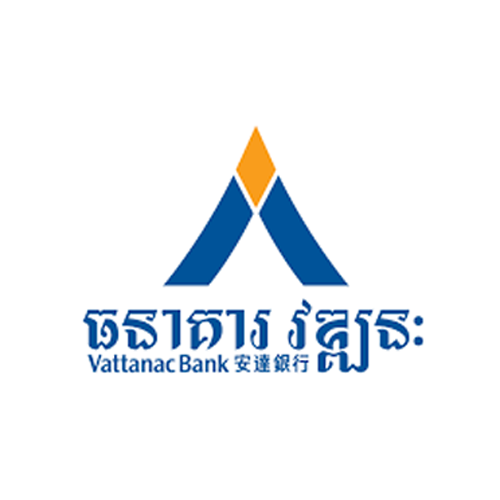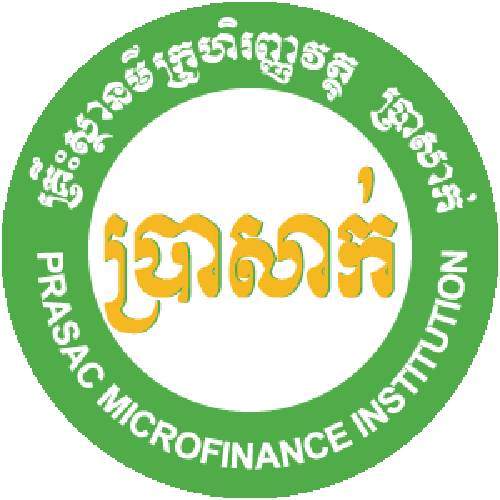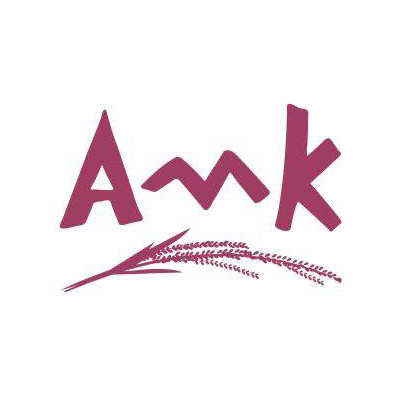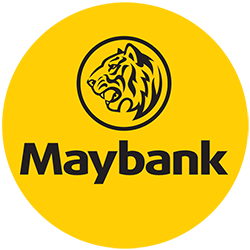The Future of Water Today
The Straits Times
www.straitstimes.com
Published on Jun 30, 2012
By TOMMY KOH FOR THE STRAITS TIMES
WATER is more precious than gold. Without water, there would be no life on
earth. The irony is that we take water for granted. In some countries, water is
treated as a public good and given away for free. This invariably leads to
overconsumption and wastage.
The first Asia-Pacific Water Summit in Beppu, Japan, in 2007, declared that
safe drinking water was a human right and a fundamental aspect of human
security. The leaders attending also agreed to halve the number of people
without access to safe drinking water by 2015, and to reduce that number to
zero by 2025. Today, about 700 million Asians and a fifth of the world's
population do not have access to safe drinking water.
As global demand for water rises, the supply has become more uncertain.
According to the United Nations, by 2025, half the countries of the world will
face water stress or shortage.
As many as three-quarters of the world could be affected by water scarcity by
2050. This could become particularly acute in Asia because of high population
growth, rapid urbanisation and poor water endowment.
Water will become a security issue this century. The Asia Society's seminal
2009 report on 'Water Security in Asia' drew attention to water-related
challenges such as water disputes between unfriendly neighbours, conflicts
resulting from agricultural and industrial pollution, and the alarming increase in
waterborne diseases due to inadequate wastewater facilities.
Five years ago, Singapore hosted the first Singapore International Water
Week (SIWW). The event was highly successful because it brought together
all the stakeholders on water to share and co-create innovative water
solutions.
With each passing year, the SIWW has grown bigger and better and has
become an important event on the world's water calendar. The fifth edition of
SIWW starts tomorrow. Having chaired the Water Leaders Summit for the
past four years, here is what I have learnt:
Lesson One: Treasuring water
There is a need to change mindsets about water. In many countries,
especially where water is free or heavily subsidised, attitudes towards water
are wasteful. Water should be priced for the full costs involved in producing it.
We should also promote a culture of conserving water and of using water
efficiently. In Singapore, as Prime Minister Lee Hsien Loong has said,
'conserving water is like a religion'.
Lesson Two: Safe drinking water as a human right
The time has come for Asians to demand that safe drinking water be regarded
by their governments as a human right and a fundamental aspect of human
security. The fact that 700 million Asians do not have access to safe drinking
water while their governments spend billions on wasteful and ego-boosting
projects is unacceptable. It is reprehensible that the poor in some Asian cities
have to buy water from vendors at several times the price paid by the rich.
There is no country in Asia which is too poor to provide a few litres a day of
safe drinking water to all its citizens, if there is a political will to do so.
Lesson Three: Good water governance
In most of Asia, the problem is not water scarcity but poor water governance.
Examples include antiquated water infrastructure, high leakage, theft,
corruption and incompetence. The solution is good water governance. As in
other sectors, what we need is good policy and competent management.
Transparency, integrity and accountability are the three core values of good
governance.
Lesson Four: Public sector and private sector
We should be agnostic about the choice between using the public or private
sectors in delivering water to consumers. In Cambodia, the public sector's
Phnom Penh Water Supply Authority solved the city's water problem and is
recognised as one of the best in the world.
In the Philippines, the privatised Manila Water Company has also solved the
city's water problem and is often cited as a role model. In some situations, if
government is incompetent or corrupt, we may have to rely on the market to
solve the water problem.
Water is a viable business. The World Bank and the Asian Development Bank
(ADB) have recommended corporatising entities responsible for water
services into autonomous bodies.
Lesson Five: Need for a water minister
Water is an issue which cuts across the work of several ministries. The ideal
situation is to have a minister in charge of water.
If this is not possible, there should be a high-level coordinating mechanism, at
Cabinet level, to deal with water, sanitation and wastewater. Water should be
treated holistically and not with a silo approach.
Lesson Six: Harnessing science and technology
Four winners of the Lee Kuan Yew Water Prize - Dr Andrew Benedek (2008),
Professor Gatze Lettinga (2009), Dr James Barnard (2011) and Professor
Mark van Loosdrecht (2012) - are scientists and inventors who have made
enormous contributions with innovative solutions.
The SIWW brings together leaders and professionals from government,
industry, international organisations and academia to share ideas and co-create innovative water solutions. With support from the World Bank and the
ADB, we are developing sustainable solutions to the world's water challenges.
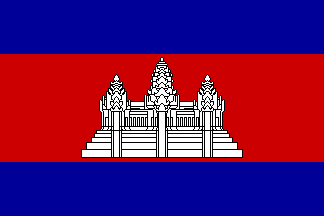
 ភាសាអង់គ្លេស
ភាសាអង់គ្លេស






